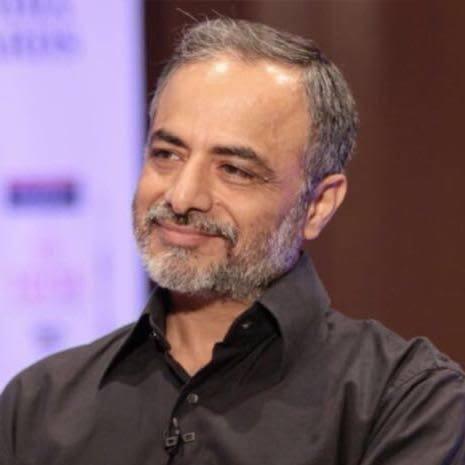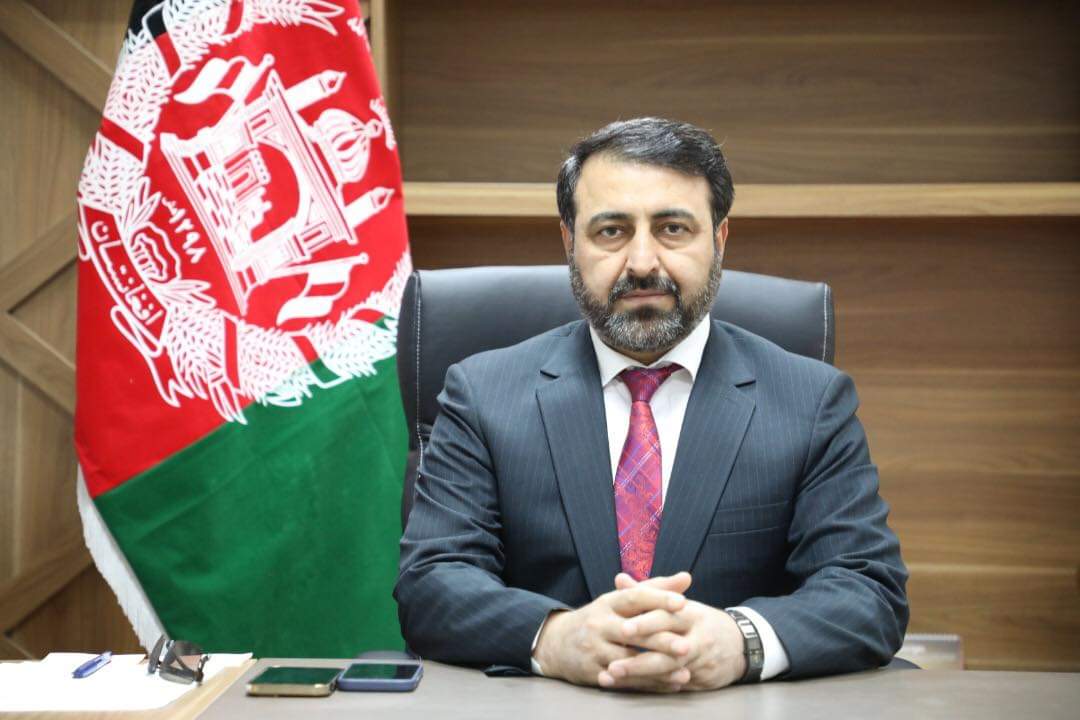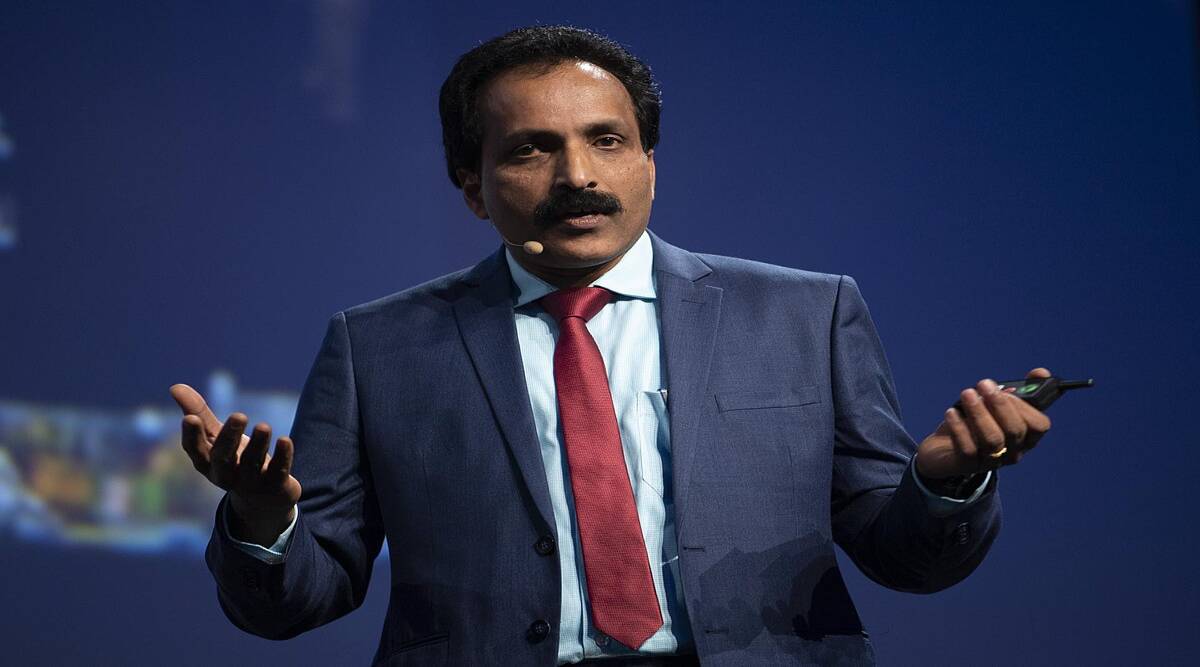
Thiruvananthapuram, July 4
Rajesh Kalra is the Executive Chairman of Asianet newsgroup which is the number one news channel of Kerala and has a presence in Tamil Nadu and Karnataka. Rajesh spoke on the challenges faced by the news industry from social media platforms, mushrooming news portals, and other platforms. He also said that the recent survey conducted by Reuters that news agencies, news channels, and newspapers are highly credible from an audience perspective.
The News industry is passing through a tough phase with challenges from social media platforms and other platforms. How do you rate this challenge?
— Yes, there are challenges, but like every challenge has an opportunity, this one has opportunities, in the plural. Social media is dying under its own expectations. It is now a double-edged sword. You get things quickly, from varied sources. But in this era of extreme misinformation, one finds it increasingly difficult to believe in each and every bit of information that comes your way.
The unfortunate part is that the traditional media too, at times, gets fooled by what comes on SM, and once that happens, it runs into the same credibility issues
Several news portals are coming up on a day-to-day basis and are these portals a challenge to you?
— Actually, No They may appear to be a challenge to a few because they seem nimbler and quicker. But, and that is a big BUT, in their zeal for speed, they often sacrifice quality, authenticity and over a period of time, they lose credibility. However, most traditional media, and those who have a system where any information goes through layers of the filter before its shared, retain their credibility. The media house’s ability to share authentic/verified information on a sustained basis makes it stand apart from hundreds of fly-by-night kinds of operations.
Asianet is the number one news channel of Kerala for the past several years.
What you feel is the reason behind such a steady maintaining of the number 1 slot in a stiff market?
— I can proudly say that this news operation is the most non-prejudiced anywhere. They are a professional team and even if there are biases, and who doesn’t have biases, they do not let that show in their news coverage. There can be no greater testimony to their professionalism, unbiased and non-prejudiced journalism than the fact the channel gets boycotted by both, the left and the right, repeatedly. And I am proud of it. We brook zero interference in their professional work
As a news person, do you feel that the importance of news networks and organised news will fade in the days to come?
— Initially such thoughts would cross my mind after social media made inroads and grew very rapidly. But, as I have said earlier, social media is losing credibility at a very fast clip and traditional news organisations such as ours would be the first choice for anyone looking for credible information, the information they can believe, trust.
There have been several instances of menaces like paid news creating a major problem to the credibility of the news industry. Your comment?
–Yes, it is a problem and may impact the credibility of news organisations. However, we must understand that revenue is important because the cost of news collection is rising rapidly.
I think the users’ habits to need to change. They have to start accepting that news organisations invest a lot into newsgathering, verifying information, etc. If the revenue stream doesn’t grow, it is a challenge. Perhaps the way out could be for the users to agree to start paying for information from sources they trust, the information they feel empowers them to take a better decision, understand a situation better
In a society like Kerala, each and every person is a citizen journalist, In such an environment, what you feel is the best method to stay afloat?
— Its easy. Stay abreast with times, technology, and the latest in the world, while not compromising with your motto – Straight, Bold, Relentless. As I said earlier, being non-prejudiced, unbiased, etc. are values that are non-negotiable.
And not just in Kerala, we have the same principles guiding us at our Asianet Suvarna News channel in Kannada, our Kannada Prabha newspaper, and the digital properties in seven languages.
is the young generation shifting radically from organised news networks to social media platforms?
— Yes, they are. A lot of them are depending on SM for their information. However, they have started realising that a lot of it could be misinformation. And contrary to what most believe, the young generation wants information quickly, in the format they like, but don’t want to be fooled with misinformation. There is, therefore, an opportunity for all to reclaim the space they thought they’d lost to social media.
A recent survey by Reuters has given results that organised and credible newspapers, TV Channels, News Portals and News Agencies are far ahead in rating than even social media giants. Your take on this?
—This is totally expected and doesn’t surprise me at all. The news organisations invest in information gathering, verifying them. All they share is credible.
On the contrary, SM is a mere aggregator and despite the best of algorithms and other means, there is no way they can validate each and every information that makes its way to people through their platforms.
There are a few areas in that tech can replace humans. However, when it comes to a lot of things such as verifying information or fact-checking, the best of AI is no match for an honest/sincere/smart human being. At least not yet!








